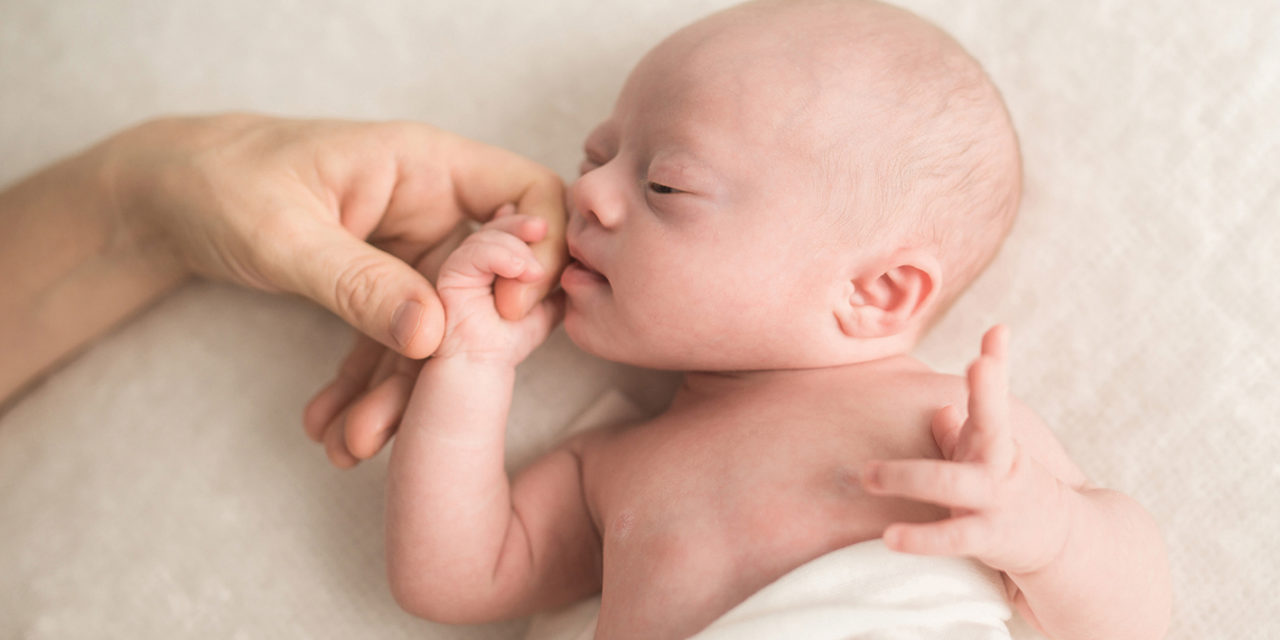According to the Charlotte Lozier Institute—a pro-life think tank in Washington, D.C.—the number of people living with Down syndrome in the United States has declined by 30 percent over the last 36 years. Every year, fewer people are born with the condition—but it isn’t due to any scientific or medical breakthrough. Tragically, this phenomenon is occurring by eliminating people.
Prenatal screening and testing advances have allowed doctors to diagnose Down syndrome fairly accurately before babies are born—usually around the 20th week of pregnancy. Sadly, based on the results of those tests, many families choose abortion over life. A team of researchers who published a study in the February 2012 issue of the journal Prenatal Diagnosis estimated that two out of every three preborn babies nationwide with Down syndrome are aborted, often with the full support of medical professionals. The situation is much worse in Europe, where the practice is so standard that up to 99 percent of preborn children diagnosed with the condition are now aborted.
The modern perception that a life’s value is based on how much a person can contribute to society started in the early 20th century with the eugenics movement, which led not only to the mass extermination of Jews and gypsies in Europe, but also to the mass institutionalization of people with intellectual disabilities like Down syndrome in the United States. However, much has changed: By the early 21st century, individuals with the condition had begun living with their families and leading longer, healthier lives.
And yet the advancements in prenatal diagnoses mean abortion is slowly eliminating this thriving Down syndrome community.
When parents receive a diagnosis of Down syndrome, they are often overwhelmed by a long list of possible complications their child might have. They rarely hear anything positive about it—but a study led by Brian Skotko, MD, that was published in the American Journal of Medical Genetics Part A in October 2011 revealed families see many encouraging aspects of the situation:
Most parents say their out look on life is more positive because of their child;
most siblings say they are proud of their brother or sister; and
nearly every parent and sibling who responded to the survey said they love their family member.
When Skotko’s team asked individuals with Down syndrome what they would share with prospective parents, they had some incredible responses:
Love your baby because your baby loves you.
Life is good.
I’m happy to be alive.
Don’t worry, it’s going to be OK.
For More Information:To learn more about how abortion is affecting the lives of people with Down syndrome and their families, you can review our new online resource at http://bit.ly/2s3fcUy. To read a collection of abstracts about the survey results for individuals with Down syndrome and their families, visit http://bit.ly/2nMc5e1. To read “Prenatal diagnosis of Down syndrome: a systematic review of termination rates (1995–2011)” in the February 2012 issue of Prenatal Diagnosis, visit http://bit.ly/2nBYabl.
Originally published in the April 2018 issue of Citizen magazine.






